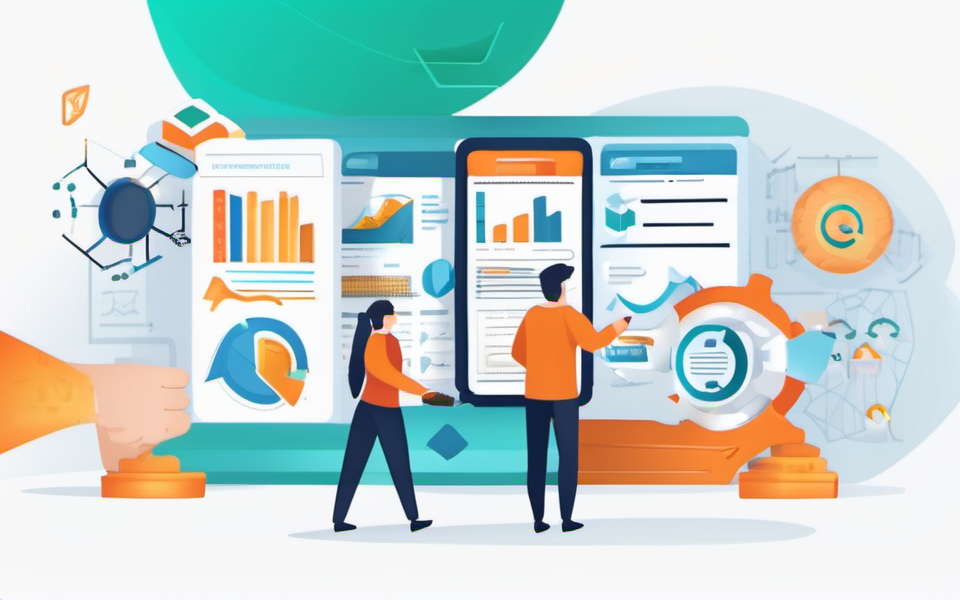Imagine a world where software creates itself, developers solve problems in a blink, and technology leaps forward every second! Buckle up, because we’re diving into the thrilling future of software development.
The Rise of Artificial Intelligence
AI isn’t just a buzzword; it’s transforming software development. Picture yourself as a developer five years from now, sitting at your desk with an AI-powered assistant. This assistant predicts bugs before they occur, suggests code snippets to complete your code, and even learns your preferences over time to provide tailored solutions! This is no fantasy; AI-driven development tools like GitHub Copilot are already in the mix, revolutionizing how we approach problem-solving and coding efficiency. The future looks even more promising as AI continues to evolve.
Another exciting avenue is machine learning. Imagine training models that not only identify and rectify coding errors but also recommend improvements based on global best practices. With more data at their disposal, these models are becoming incredibly savvy, ensuring that developers can produce cleaner, more efficient code faster than ever before. Furthermore, natural language processing (NLP) will bridge the gap between human commands and machine understanding, making coding more intuitive and accessible to non-technical folks. All these advancements point to a future where AI isn’t just an assistant, but a central player in the software development lifecycle.
The Power of Low-Code and No-Code Platforms
Say goodbye to endless lines of code and hello to low-code and no-code platforms! These platforms empower non-developers to create complex applications without traditional coding skills. Imagine building a sophisticated app with a mere drag-and-drop interface—a reality that democratizes innovation and speeds up development timelines dramatically. Businesses can rapidly prototype, test, and deploy applications, closing the gap between idea and execution like never before.
Organizations are leveraging these platforms to foster creativity and innovation among their teams. Employees who previously had no technical background can now contribute to software projects, bringing diverse perspectives and ideas to the table. This shift also means professional developers can focus on more complex and strategic tasks, delegating simpler, repetitive tasks to these intuitive platforms. As a result, there’s a boost in productivity and efficiency across the board. The future of software development is not just in the hands of coders but in the collective creativity of all team members.
Quantum Computing: The Next Frontier
Quantum computing sounds like something out of a sci-fi movie, but it’s edging closer to reality. Imagine a computer that can solve complex problems in seconds rather than years. Quantum computers utilize quantum bits, or qubits, allowing for processing capabilities far beyond classical computers. For software development, this means tackling problems that are currently unsolvable or highly time-consuming with traditional methods.
Envision debugging processes that take a fraction of the time, optimizing algorithms to unheard-of efficiency, or simulating complex systems, from environmental models to financial markets, with unparalleled precision. Major tech companies are investing heavily in quantum research, signaling a massive shift in the computing landscape soon. While we might be a few years away from mainstream quantum applications, understanding and preparing for its impact will be crucial for developers and businesses looking to stay ahead of the curve. The future is not just faster; it’s quantum-leap faster.




